Written by Karl Grimm, Jun 2016:
Those without FACE-TO-FACE contact with FAMILY or FRIENDS at least 3 TIMES PER WEEK have DOUBLE the risk of elderly DEPRESSION!
People living alone are at greater risk of depression. It’s no secret that we humans are designed to socialize.
Elderly Depression
A recent OHSU study shows that face-to-face social contact can reduce the risk of depression by a factor of two:
- Of those who had face-to-face social contact, 3 times per week, only 6.5% suffered from depression.
- Those who had face-to-face contact less often had an 11.5% incidence of depression.
- Having more or fewer phone conversations, or written or email contact, had no effect on depression.
- Socializing with staff or others had no effect on depression. Only face-to-face contact with family or friends had a positive impact.
- The derived gains endure for 7 years.
Source: Journal of American Geriatrics Society
“Researchers found that having little FACE-TO-FACE social contact nearly DOUBLES your risk of having depression 2 years later. Having more or fewer phone conversations, or written or email contact, had no effect on depression.” — Dr. Alan Teo’s study of 11,000 older adults.
Only 17% of Aged Care residents see family / friends once per week or more, let alone 3 times per week.
Do YOU see YOUR Mum, Dad or Grandparent 3 times per week? Fortunately, if you’re too busy or too far away, there is a solution to elderly depression.
How much is Health and Happiness worth?
Konnekt Videophone lets older adults have face-to-face contact with family and friends as often as they want, without the travel.
Read more about health, social isolation, and caring for the elderly.





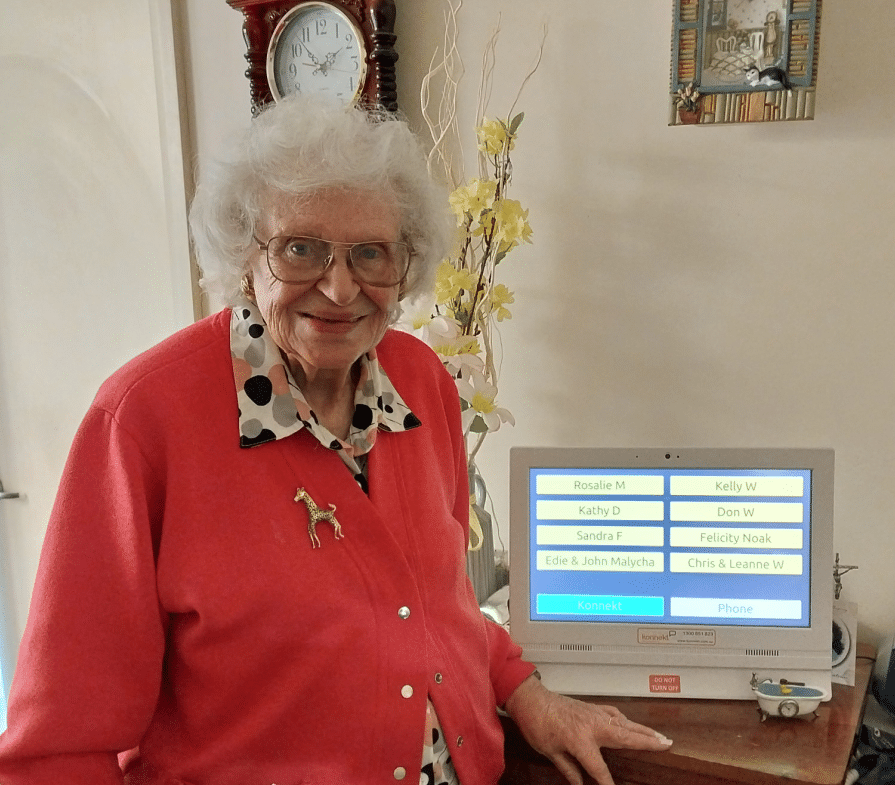
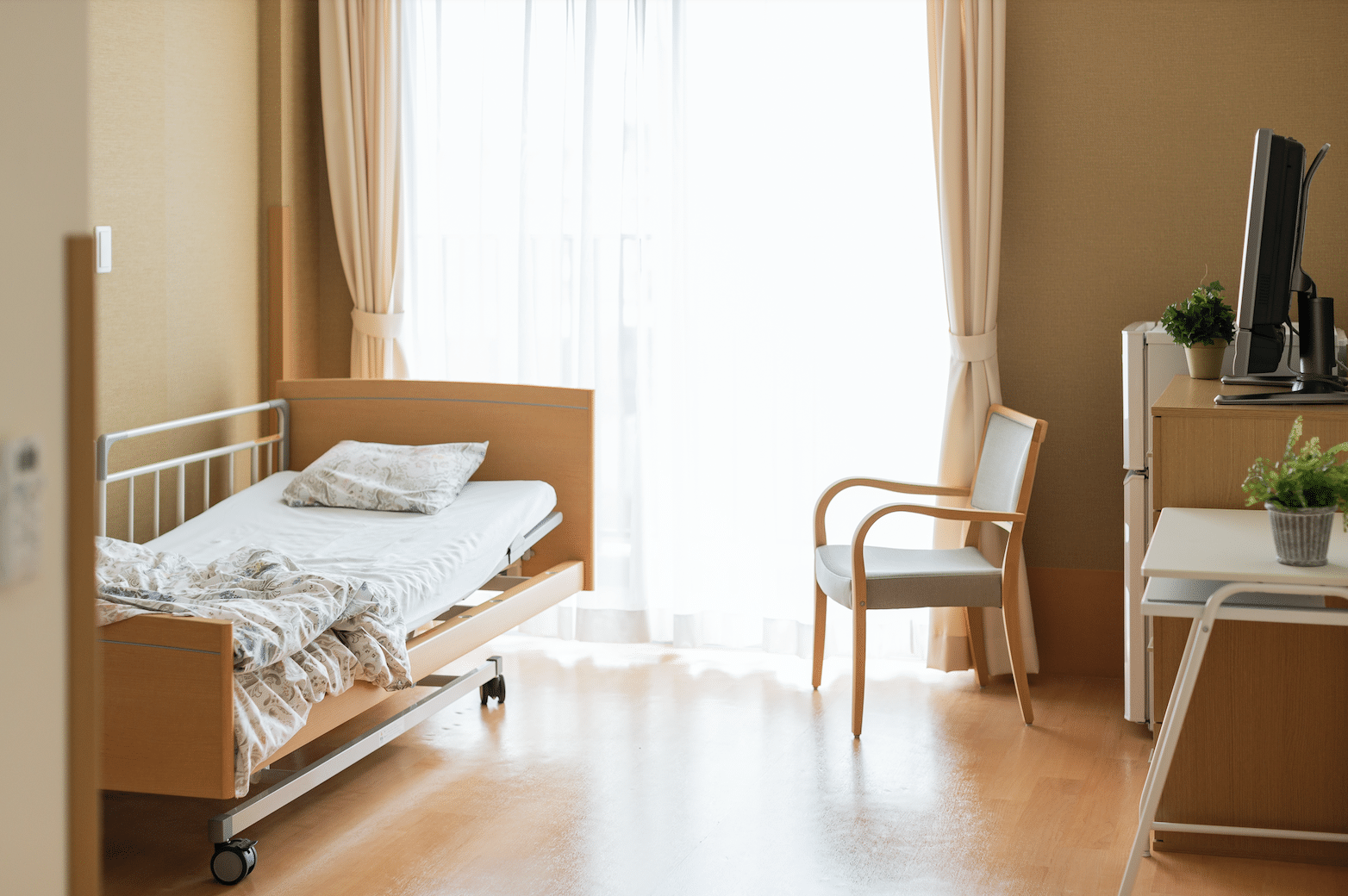
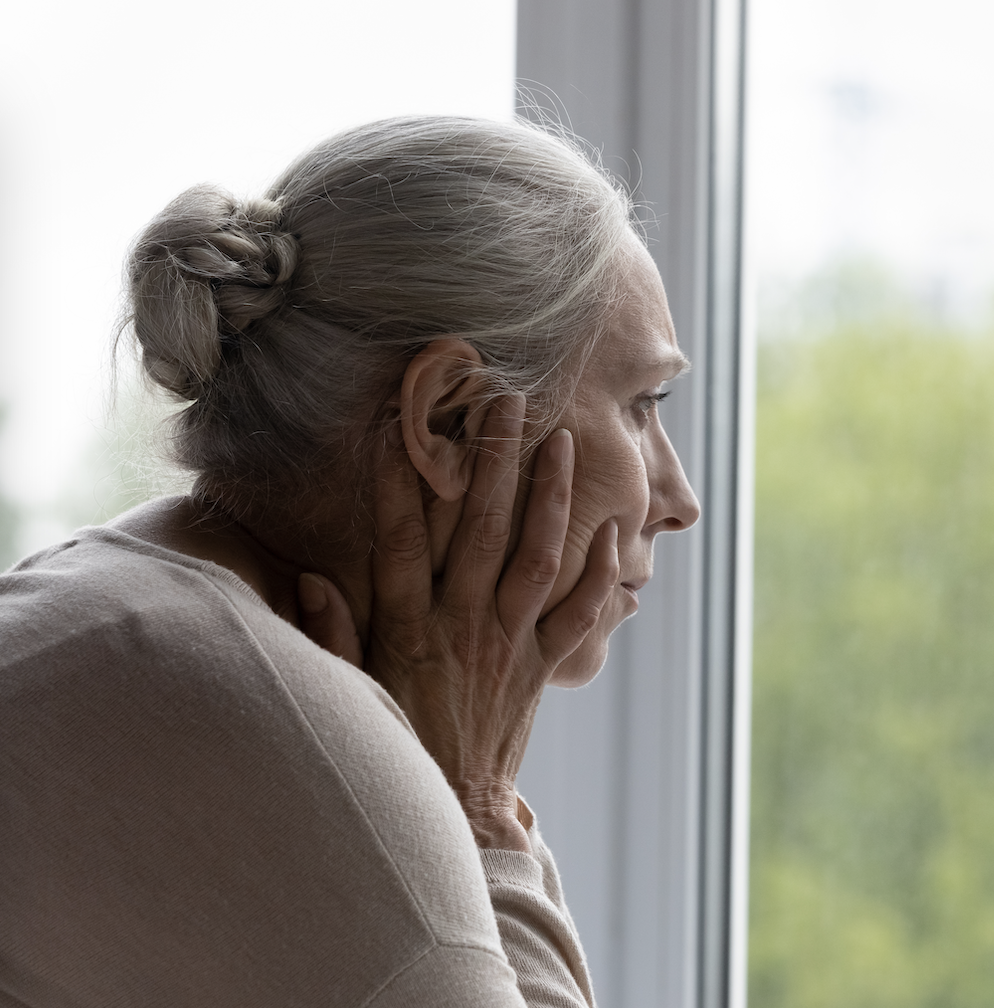
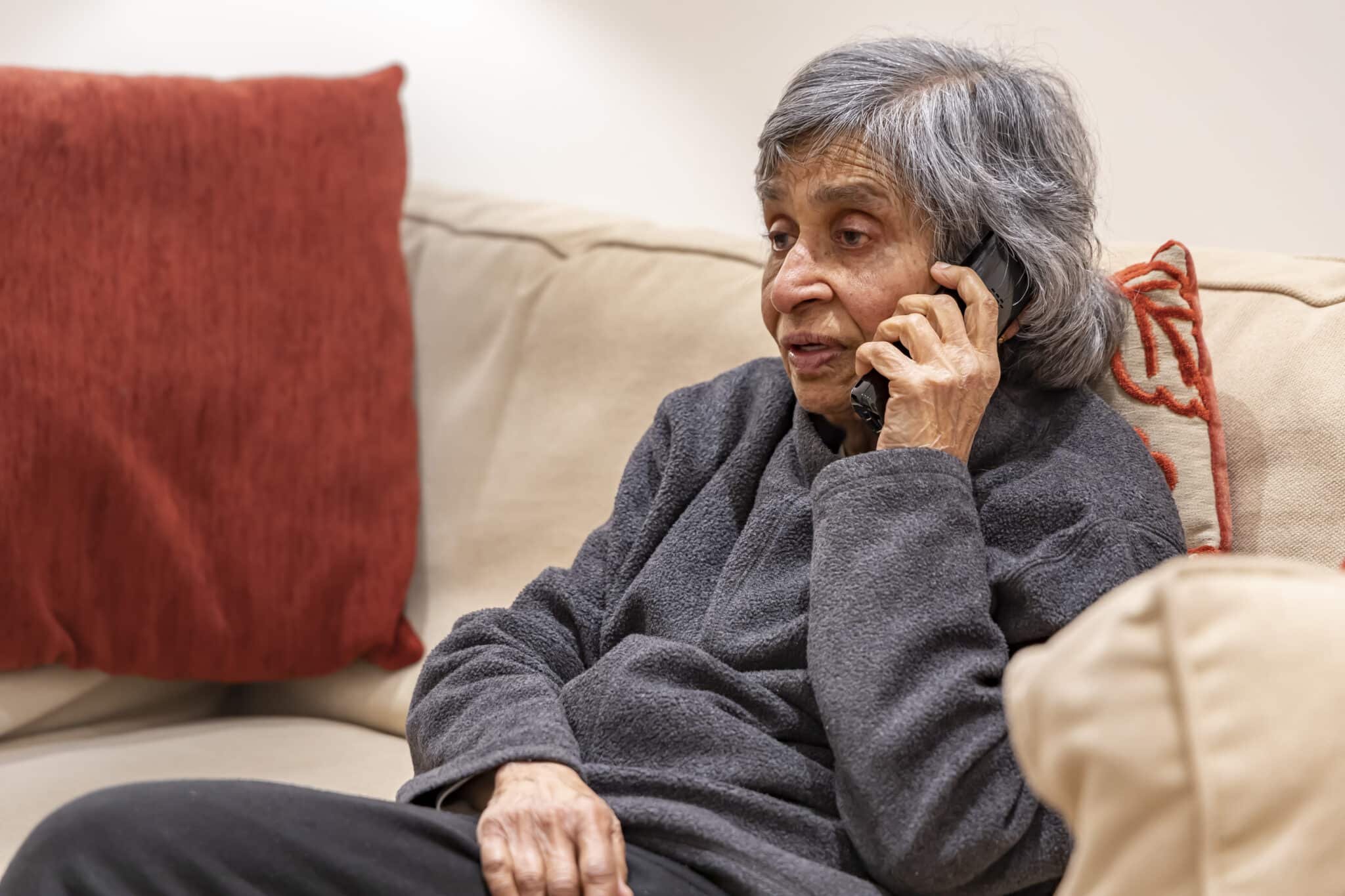
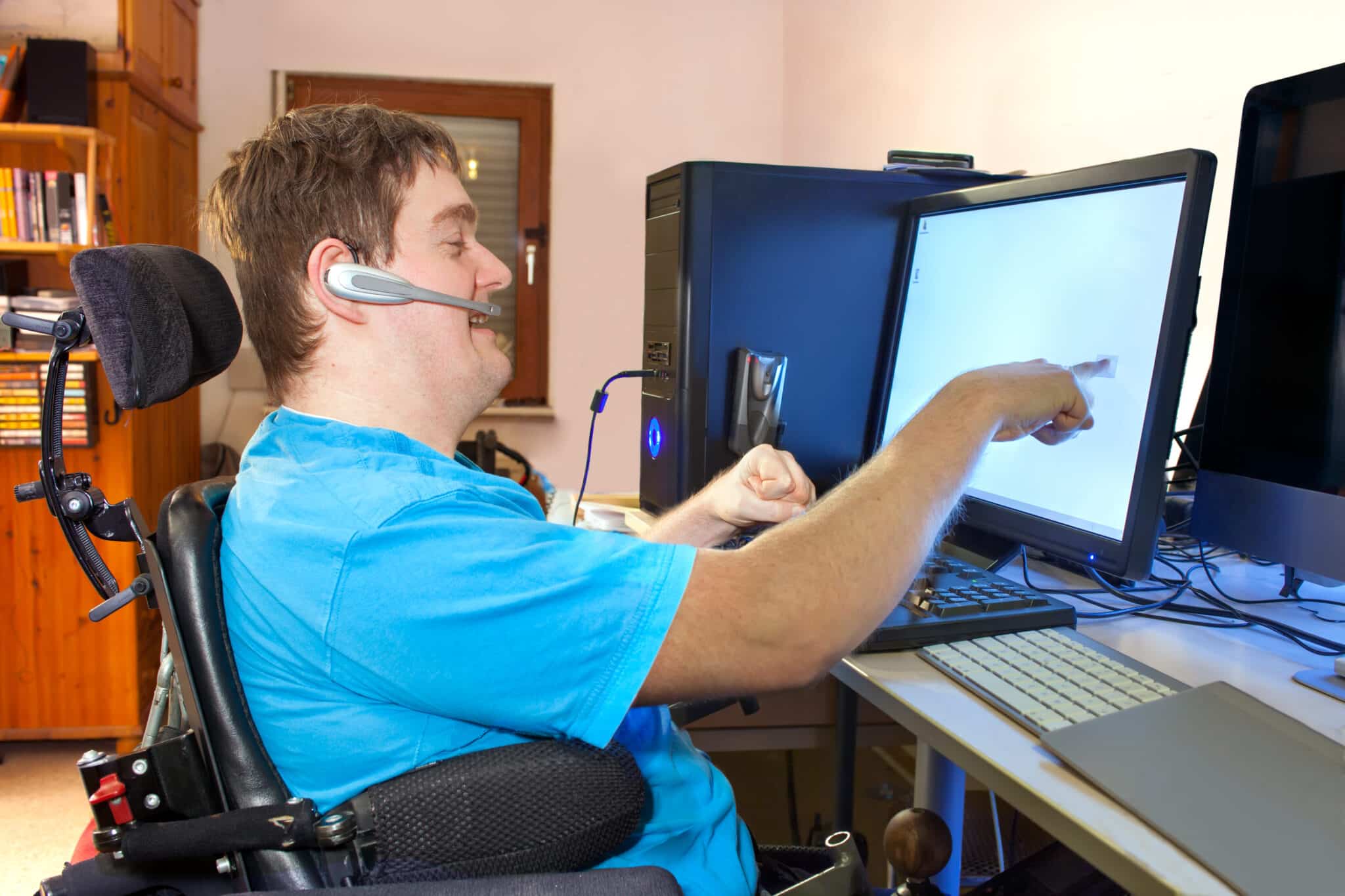
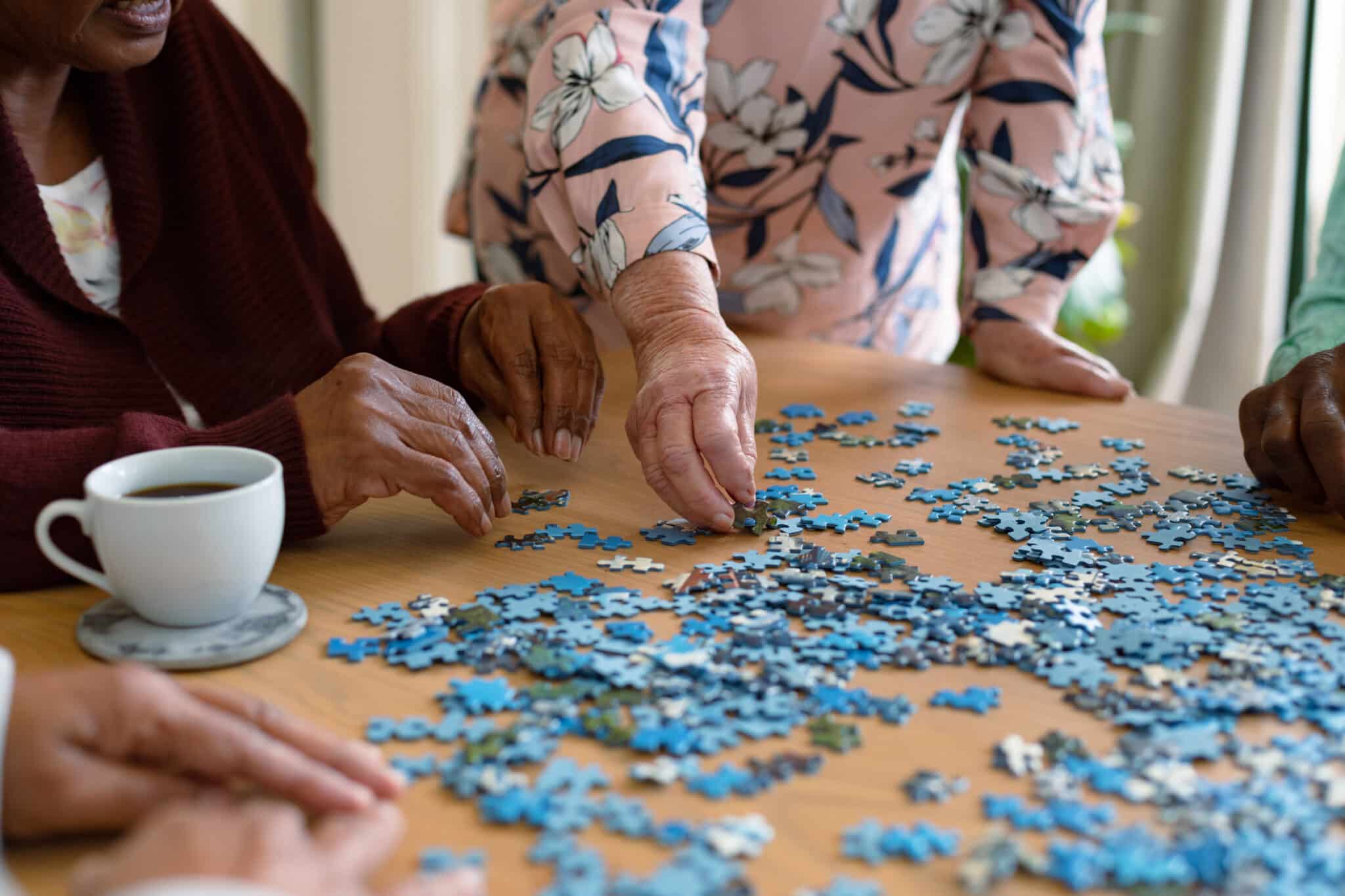
1 Comment.
Follow-up: Research by D. Meyer PhD “Social isolation and telecommunication in the
nursing home” concludes:
“Nearly 40% of our elderly nursing home patients were either mildly or severely depressed,
roughly half were not satisfied with the current level of communication with their family members, and 46% did not believe that the social support from family and friends was adequate.”